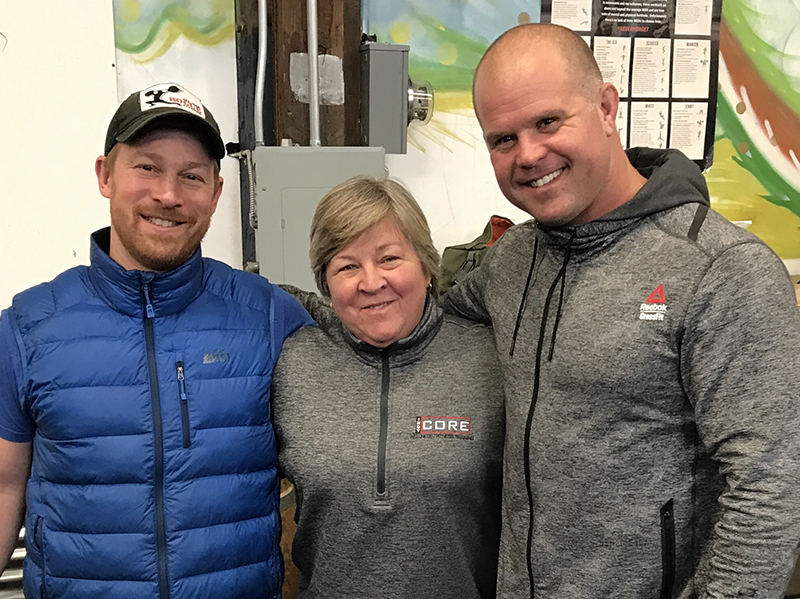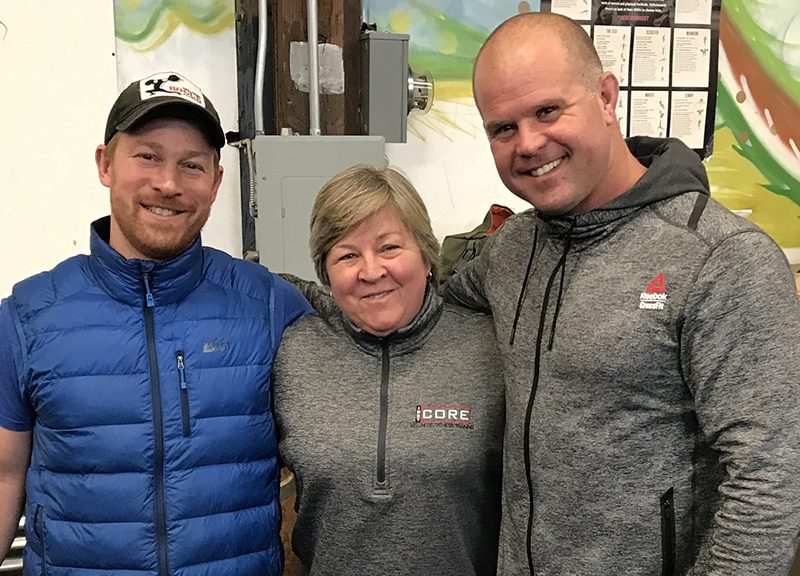
“All human beings should be able to provide basic maintenance on themselves”
Kelly Starrett, Founder of MobilityWOD.
What’s MobilityWOD?
IndyCore founder Kim Rockey is a certified MobilityWOD trainer. This week we’ll cover the history and background to the MobilityWOD approach to fitness. Continue reading IndyCore Fitness Is Certified In MobilityWOD!



